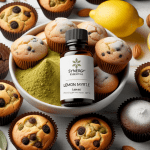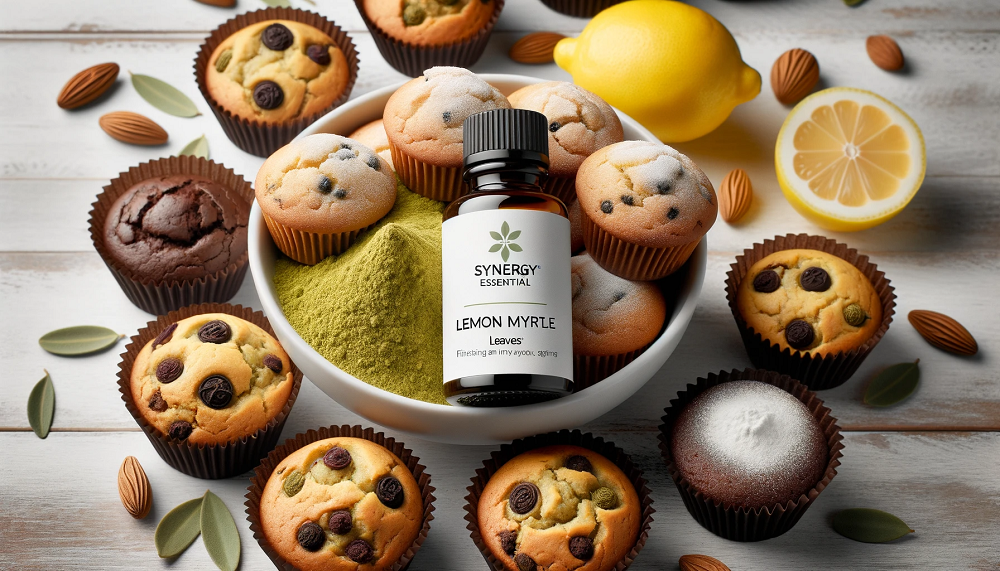- Traditional Australian remedies are finding new admirers in India, sparking cultural exchanges and curiosity.
- Shared indigenous wisdom between Aboriginal Australians and Indian tribes is being explored by researchers.
- Quality, authenticity, and sustainable sourcing are key when buying these herbal and plant-based products.
- Synergy Essential champions clean sourcing and cultural respect in its offerings.
What It Is and Why It Matters Now
In 2025, the global wellness industry is seeing renewed interest in indigenous medicinal traditions. Traditional Australian remedies, rooted in Aboriginal knowledge of plants and natural substances, are being introduced to India in new ways. According to the ABC News Australia, these remedies reflect centuries of ecological understanding and community practices. Meanwhile, India’s own long history of Ayurvedic and tribal medicine offers fertile ground for cultural resonance and exchange.
The spotlight recently turned toward this trend when an Australian brand began marketing Shilajit—traditionally a Himalayan product—in Australia at high prices, prompting discussion in both countries about authenticity and cross-cultural appreciation.
Benefits and Evidence
Many traditional Australian remedies involve the use of native plants such as tea tree (Melaleuca alternifolia), Kakadu plum, and lemon myrtle. Research from institutions like CSIRO suggests certain native plants are rich in vitamin C, antioxidants, or antimicrobial compounds. However, while laboratory studies demonstrate potential properties, their efficacy for specific health outcomes in humans often requires further clinical validation.
Potential benefits may include:
- Topical antibacterial support from tea tree oil in diluted form.
- High antioxidant contribution from Kakadu plum in food products.
- Aromatherapeutic qualities from lemon myrtle.
Limitations and safety: Not all traditional remedies are suitable for everyone. Concentrated essential oils may cause skin irritation if used undiluted. Proper identification, preparation, and dosage are crucial. These remedies should complement, not replace, professional medical care.
How to Use
In India, these remedies are appearing in skincare, herbal teas, and nutritional supplements. Here are some accessible uses:
- Add Kakadu plum powder to smoothies for a vitamin C boost.
- Use diluted tea tree oil in a skin care regimen for targeted application.
- Steep lemon myrtle leaves in hot water for a fragrant herbal tea.
| Form | Common Use |
|---|---|
| Dried leaves (e.g., lemon myrtle) | Herbal teas, seasoning |
| Powder (e.g., Kakadu plum) | Smoothies, capsules |
| Essential oils (e.g., tea tree) | Topical applications (diluted) |
Quality and Sourcing
When purchasing traditional Australian remedies in India, consider the following:
- Source transparency—origin of plant material and harvesting methods.
- Absence of contaminants—lab testing for heavy metals and adulterants.
- Ethical partnerships—fair trade with indigenous communities.
Synergy Essential prioritizes authentic sourcing from sustainable growers, ensuring that the cultural heritage behind each remedy is respected and preserved.
Frequently Asked Questions
Q1: Are traditional Australian remedies safe for everyone?
A1: Not necessarily. Reactions can vary; consult a healthcare professional before use, especially for children, pregnant women, or those with health conditions.
Q2: Can I mix these remedies with Ayurvedic herbs?
A2: Possibly, but interactions should be evaluated by a qualified practitioner to avoid adverse effects.
Q3: Where can I find authentic products in India?
A3: Look for reputable wellness brands that provide batch testing certificates and clear sourcing information.
Q4: Are these remedies new to India?
A4: While individual plants may be new, the idea of plant-based remedies is longstanding in India; what’s new is the Australian origin and botanical profile.
Q5: Why is cultural respect important in herbal trade?
A5: It ensures that indigenous knowledge holders are acknowledged and fairly compensated, preserving traditions for future generations.
Disclaimer
This article is for informational purposes only and does not constitute medical advice. Always consult a qualified healthcare professional before starting any new wellness regimen.
Conclusion
The rise of traditional Australian remedies in India reflects a broader movement towards global sharing of indigenous wisdom, grounded in respect and sustainability. As more people explore these botanical treasures, careful sourcing and cultural appreciation will remain vital. Discover more insights and stories on our Synergy Essential blog.

